Crystal Gold Mine 1881
51931 Silver Valley Rd
Kellogg, ID 83837
Hours
February 22-November 30th
Daily: 10AM-4PM
Summer Hours
May 1st-September 4th
Daily: 9AM-6PM
Admission
General: $14
Children 4-16: $8.50
Children Under 4: Free
Senior: $12
Family (5 people): $45
The Crystal Gold Mine is one of the first hard rock mines in Silver Valley, Idaho. It is a remarkably preserved example of mining in the 1880s. The original ore cart, tracks, tools. and many gold laden quartz veins remain in place thanks to the mine’s surprising history.
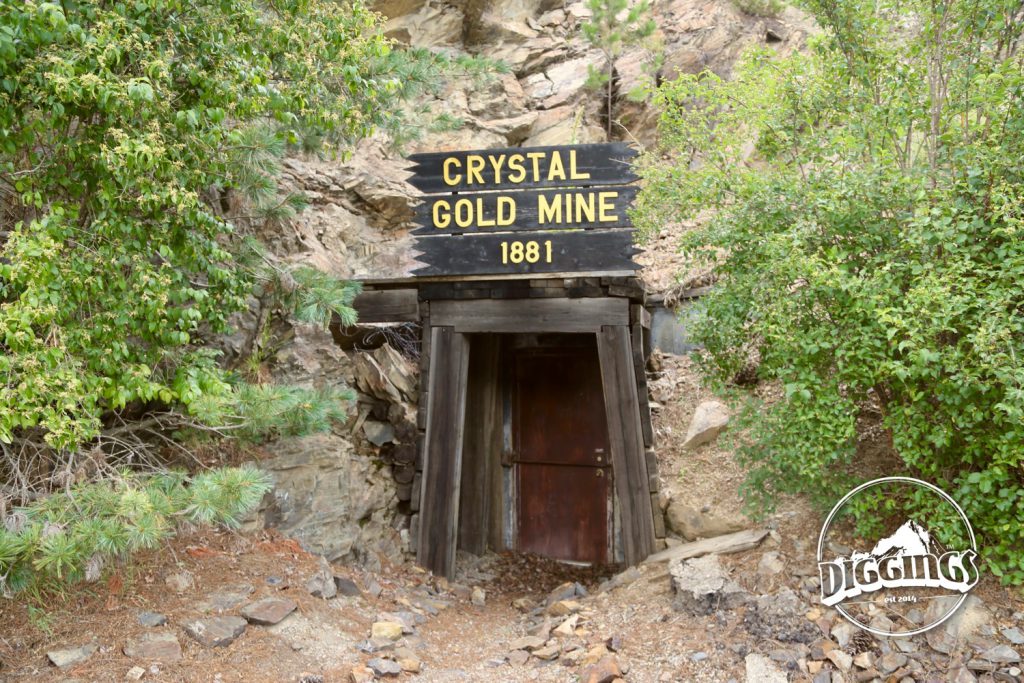
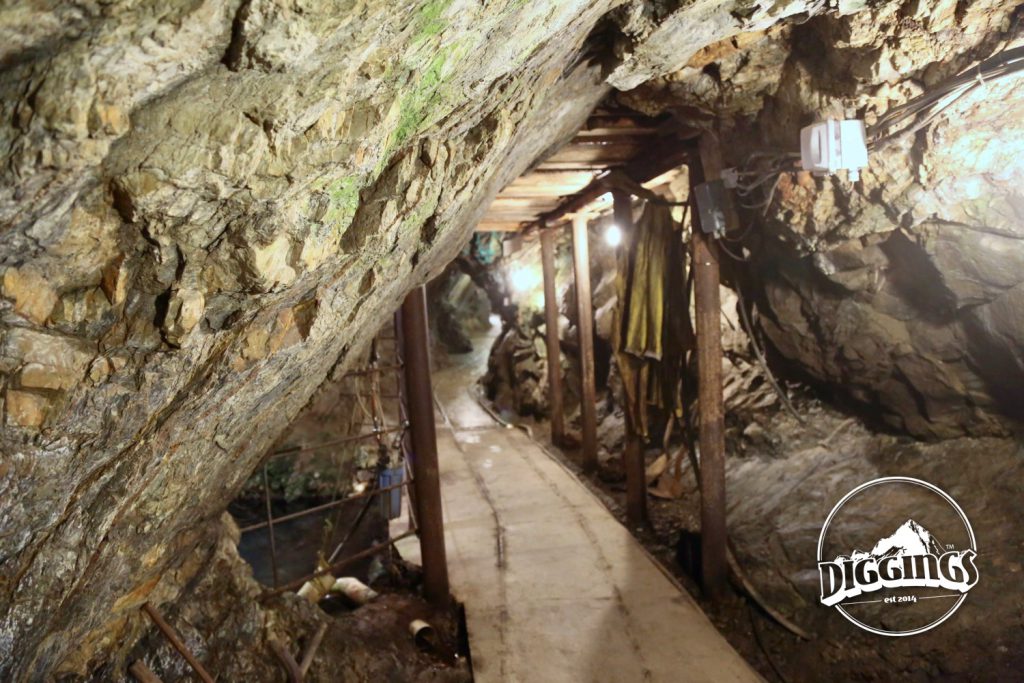
A Well Preserved Mystery
The origins of the Crystal Gold Mine are uncertain. The names of the individuals who mined the deposit are lost to history. Some hypothesize that the mine was worked by Tom Irwin, a gold prospector who first discovered a gold bearing vein in Silver Valley back in 1879. Whoever the owner may have been, however, evidence of their work is extensive.
The Crystal Gold Mine yields rich gold ore throughout the 1880s. Without the benefits of modern technology, miners drill the tunnel with hand tools and see their work with candles. It is back breaking work, drilling the tunnel with “Single Jacks” or “Double Jacks” and “Hand Steels.” Yet the mine is a professional operation: the owner lays tracks to transport ore out of the mine.
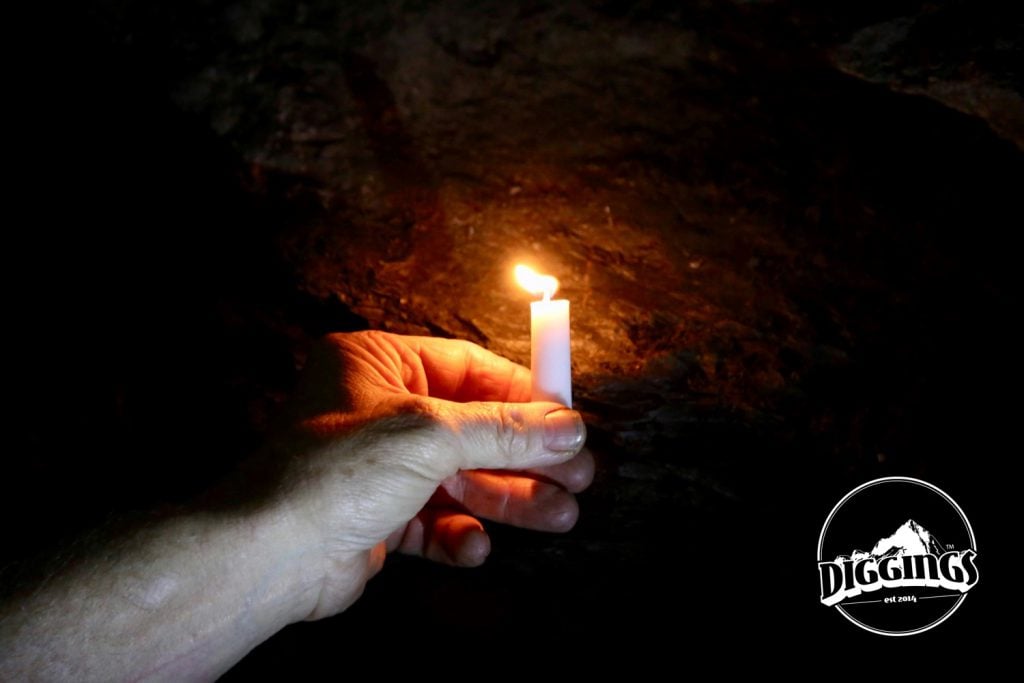
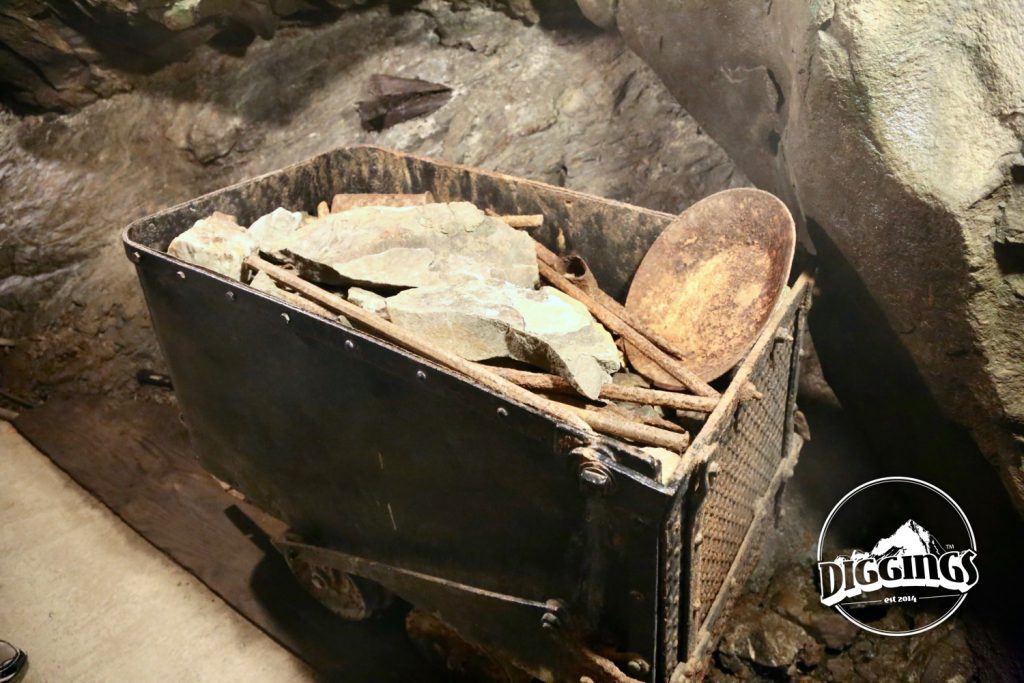
A Hidden Gem
What makes the mine so remarkable is how well preserved it is. Owners of other rich deposits like the Crystal Gold Mine will operate for decades until they play out the vein. Other operations in the area acquire the equipment and vandals often deface what remains. Yet, they Crystal Gold Mine is untouched.
Whoever closes the mine in the late 1800s certainly wants it to remain hidden. They blast the hillside, sealing the tunnels, tracks, ore cart, tools, and remaining veins in place. This the extra trouble of concealing the mine indicates a clear intent to return. There is still high grade ore along the tunnel and good reason to suspect that the owner knows this. Yet, for some reason, the owner does not reopen the mine and it is forgotten for over a century.
The entrance to the mine is exposed in the 1960’s during the building of Interstate 90. Even with that activity, the mine itself is not rediscovered until 1991 when the land owner follows a seepage of water along a hillside, spots the mine, and boards up the entrance. Finally, in 1996, Bill & Judy Lane acquired the property and reopen the mine for tours.
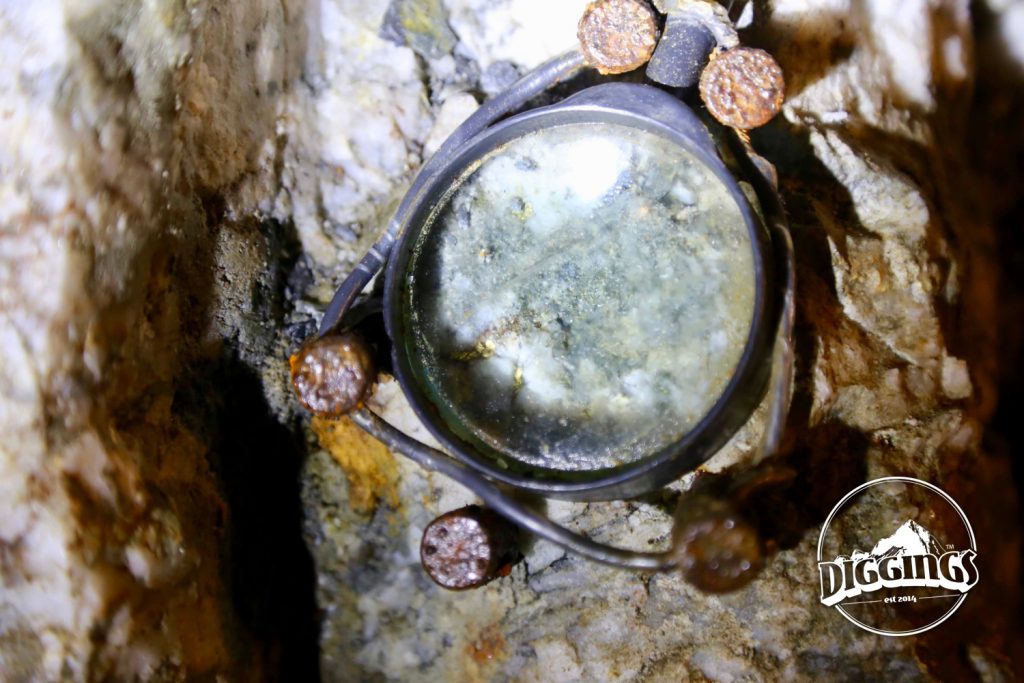
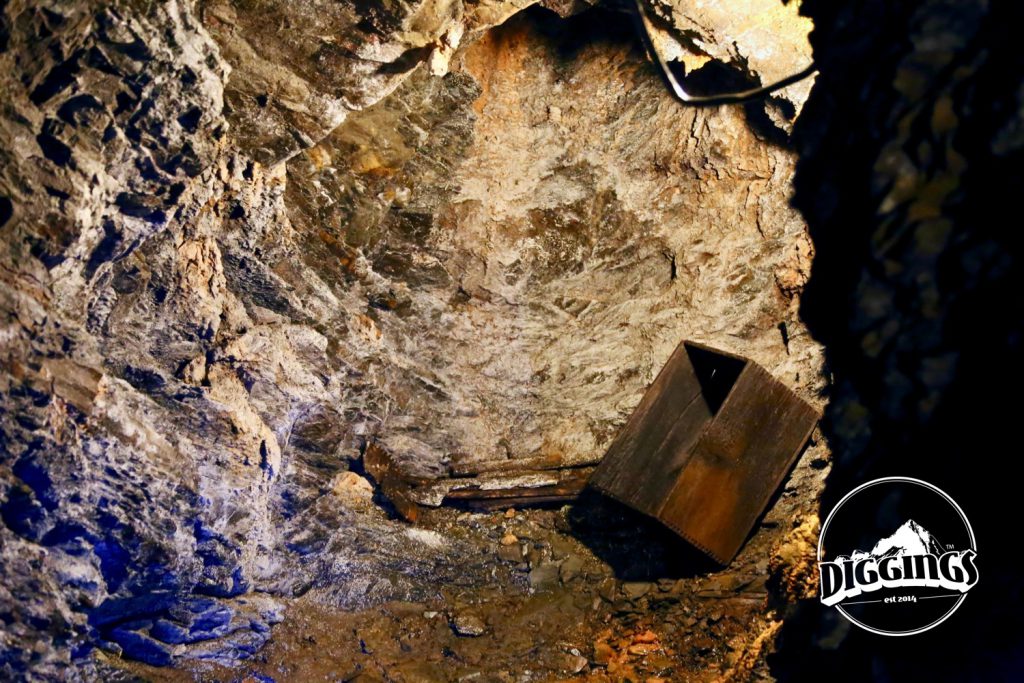
Visiting the Crystal Gold Mine
Limited modifications to the mine have made it more accessible to the general public. The tunnel is now wired for electric lighting—though the tour guide will turn it off at one point to demonstrate how dark the tunnel was for 1880s miners using just a candle. The rail track on which ore cars travel is still visible but the ground is now level with a paved walkway, embedding the rail. Tour guides explain mining techniques in the 1880s, assaying processes, and how miners followed a gold vein in a time when so much was left to chance. At the end, visitors can enjoy 1 hour gold panning. It is an informative, fascinating, and incredibly easy mine to visit. After all, if not for the Interstate 90, this historic mining gem might never have been rediscovered.
